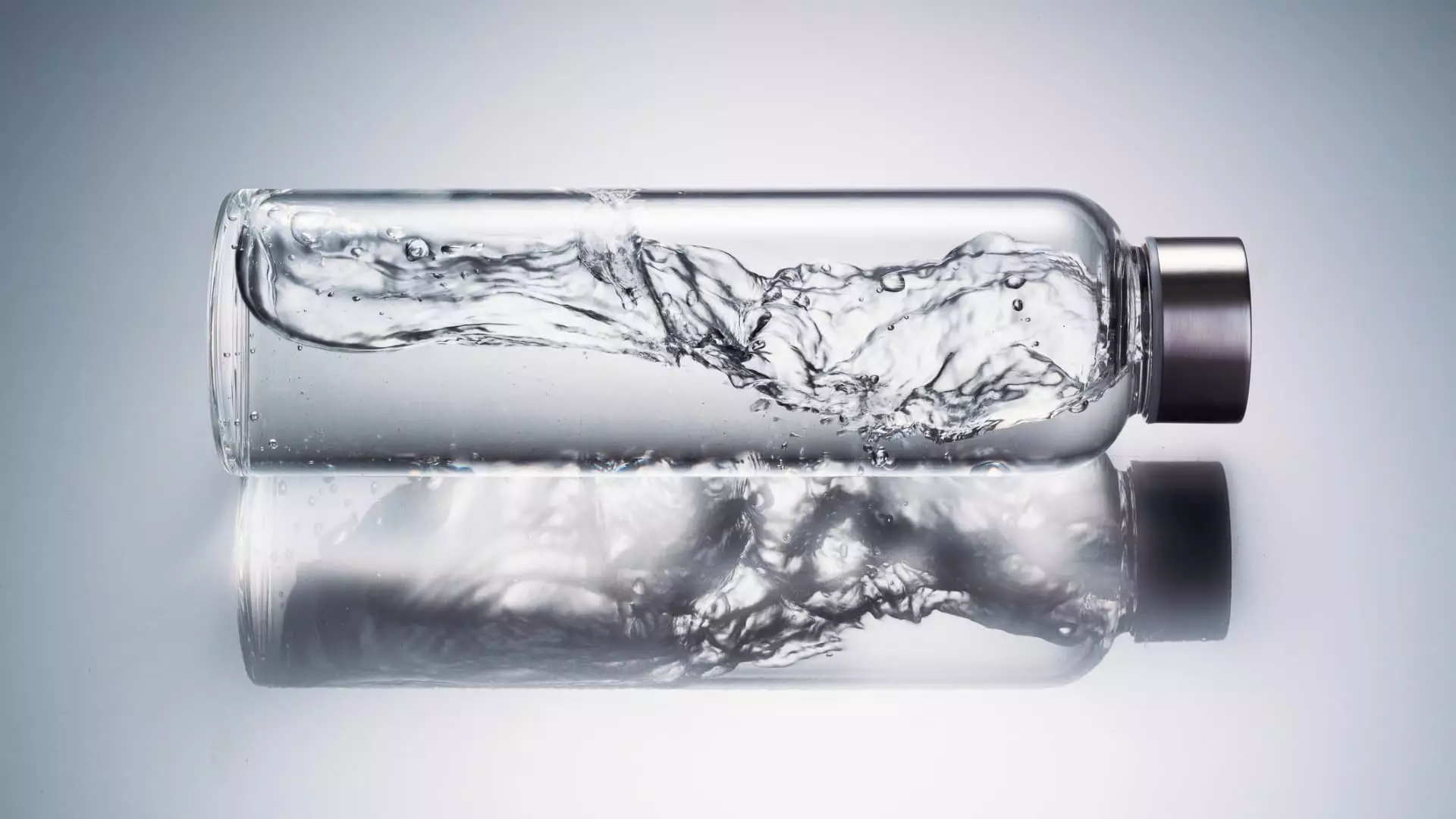In recent years, the conversation around sustainability in the hospitality and dining sectors has gained considerable momentum. A noteworthy development in this arena is the increasing adoption of sustainable water solutions, particularly among high-end restaurants and hotels. This trend not only addresses environmental concerns but also transforms the consumer experience, ensuring that luxury dining comes hand-in-hand with sustainability.
Take, for example, the three-Michelin-star restaurant Zen in Singapore, which has adopted a unique approach to its beverage offerings. Diners expecting traditional bottled waters like Evian or San Pellegrino are surprised to find that they are served water exclusively from Nordaq, a Swedish company. Executive Chef Martin Öfner makes it clear that this choice reflects a commitment to creating a holistic experience. The water is so integrated into the dining experience that it is used in everything from the stocks in their gourmet dishes to non-alcoholic beverage pairings.
Zen is not alone in this initiative; over 140 Michelin-starred restaurants have chosen to serve Nordaq water, emphasizing a growing movement within high-end dining to rely on locally sourced, sustainable products. CEO Johanna Mattsson articulates a vision that transcends convenience, aiming instead to eliminate the excessive transportation of water — a practice deemed illogical in an age where environmental awareness is paramount.
The push towards sustainable water practices in restaurants and hotels isn’t merely about customer choice; it centers around a broader mission to decrease reliance on single-use plastic bottles, which are often found in hotel rooms. Not only do glass bottles of European mineral water have significant carbon footprints due to their transportation over long distances, but they also contribute to the mounting plastic waste crisis. By contrast, Nordaq water is purified and bottled on-site using local tap water, presenting a markedly lower carbon footprint.
For instance, the Mandarin Oriental Singapore has integrated Nordaq’s filtering and bottling system into its offering since 2023. The hotel’s manager, Cindy Kong, has shared insights into the bottling facility, showcasing a streamlined process capable of producing approximately 1,000 to 2,000 bottles daily. This level of efficiency is essential not only for water conservation but also for maintaining an eco-friendly image in a fiercely competitive luxury hospitality market.
The move towards sustainability also yields economic benefits for hospitality establishments. Companies like Be WTR and Purezza are reshaping the landscape by providing solutions that promise a healthier bottom line. For example, Be WTR claims its facilities saved over a million bottles that would have otherwise been imported annually. This shift highlights not only a commitment to eco-friendliness but also a significant reduction in costs related to purchasing water.
Interestingly, companies in this sector can present a strong case for how environmentally responsible practices can lead to financial gains. According to sources, each bottle of Nordaq water, although produced at a low cost of between 11 to 21 cents, can be sold at a premium, thus generating substantial profits for establishments that adopt this model. Similarly, Purezza has estimated that while their production costs for each bottle hover around 30 cents, the pricing aligns competitively with traditional bottled water due to the added value of sustainability.
The move towards sustainable water sourcing is not confined to a single region; it mirrors a global trend reflected in initiatives by prominent hospitality companies across various countries. For instance, ITC Hotels in India has introduced its in-house water brand, “SunyaAqua,” to reduce environmental impact, while Castalie operates widely in France, with installations in over 700 hotels. These initiatives signify a growing recognition of the need for responsible sourcing and waste reduction throughout the hospitality industry.
As travelers become increasingly aware of their environmental impact, the expectation for sustainable practices will likely grow, paving the way for even more restaurants and hotels to adopt similar approaches. The integration of sustainability into the luxury experience, from elegant dining to quality water, is not just a passing trend; it signifies a substantial shift in consumer preferences and business practices.
The rise of sustainable water solutions like Nordaq and Be WTR within the luxury dining and hospitality sectors marks a pivotal step towards environmental responsibility. As these practices become more prevalent, they promise to reshape consumer expectations and redefine the experiences offered in high-end establishments, creating a dining landscape that fuses luxury with sustainability.

